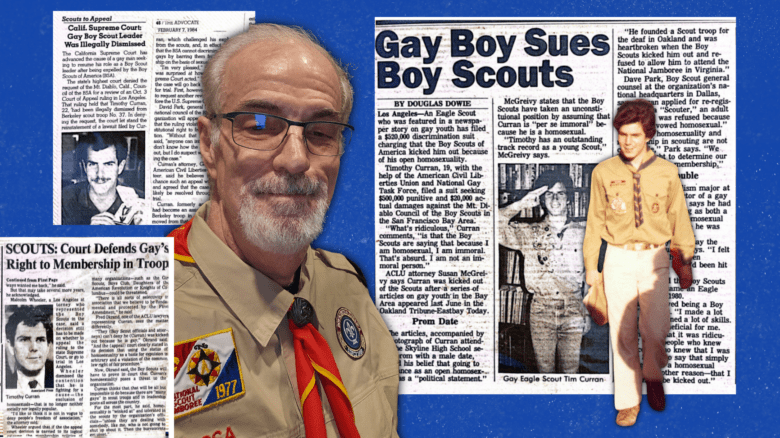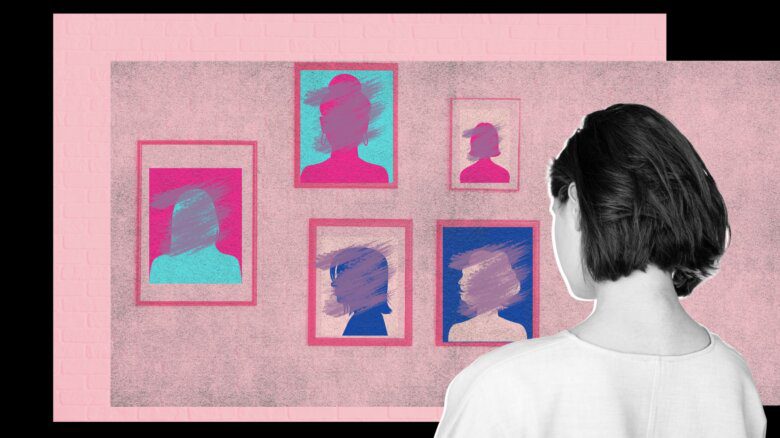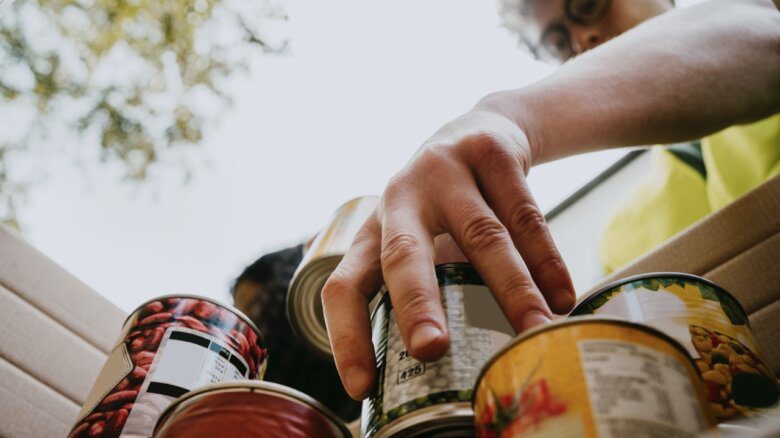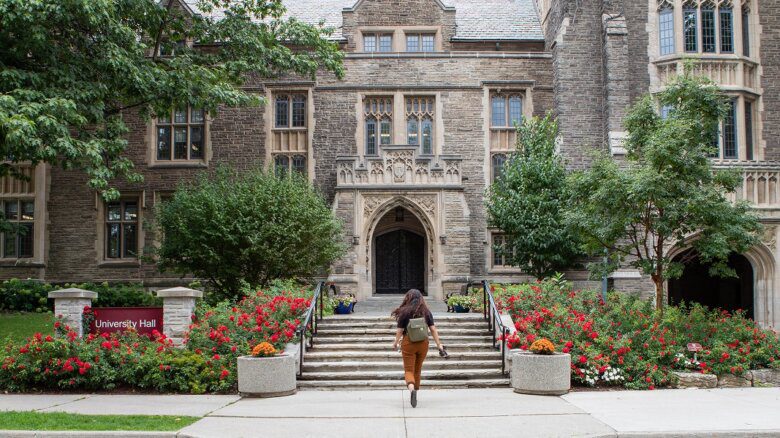Queer communities in Canada are under threat. From the rise in anti-LGBTQ2S+ (specifically anti-trans) rhetoric to the introduction of harmful policies in some provinces, our hard-won rights are under attack—and the organizations that seek to protect us.
Last week saw the closure of one of Canada’s prominent youth-focused queer organizations, the Canadian Centre for Gender and Sexual Diversity (CCGSD), due to bankruptcy. Founded in 2005, CCGSD was a mainstay of Canada’s queer advocacy landscape for almost two decades. It ran a range of programs addressing anti-LGBTQ2S+ bullying in schools, and provided essential resources for queer youth across the country.
CCGSD’s impact cannot be overstated—it offered a lifeline for countless young people facing isolation, discrimination and violence. Its loss will be felt across the LGBTQ2S+ community and should serve as a reminder that we need to rally in support of the organizations that have long supported us, and strive to continue their legacy.
For decades, queer charities and non-profits in Canada have stood at the forefront of progress, serving as means of survival for some of the most marginalized in our society. Organizations including Egale, Rainbow Railroad, pflag Canada, LGBT Youthline and many more have not only driven social change, but have also built safe community spaces, provided essential services, raised awareness of the barriers we face and contributed to bringing about legislative progress. Youth today are increasingly able to find both the language and communities to describe themselves and meet their needs. Data from Statistics Canada released earlier this year found that one in 10 youth aged 15 to 24 years (10.5 percent) reported being LGBTQ2S+, a significantly larger share than among any other age group.
Despite years of progress for our communities, and increasing levels of openness and acceptance among younger generations, we are now seeing a growing trend of attacks on our freedoms. Just last week, Alberta premier Danielle Smith reiterated plans to ban youth under 18 from undergoing gender-affirming surgeries and to block access to puberty blockers and hormone therapy for those younger than 16. Last year, in New Brunswick and Saskatchewan, provincial governments announced that they will require parental consent in order for schools to use the chosen names and pronouns of youth younger than 16.
These moves reflect a dangerous shift in policy that targets our most vulnerable—trans and gender-diverse youth—and puts their well-being at risk.
These legislative attacks are not occurring in isolation. They are accompanied by a wave of anti-LGBTQ2S+ sentiment that is spreading across Canada, mirroring troubling trends in the U.S. and many other countries. Online hate, new policies launching under the guise of “protecting” youth, and the normalization of hateful rhetoric have contributed to a hostile environment—one in which queer people are feeling increasingly unsafe.
It is vital that youth growing up in this context are supported, listened to and advocated for by a strong collective movement. At It Gets Better Canada, we strive to uplift, empower and connect LGBTQ2S+ youth across the country, reminding them that no matter how dark today’s world seems, there is hope. We create content and spaces where queer youth can see themselves reflected, find community and build resilience.
This is work that requires the collaborative efforts of all LGBTQ2S+ organizations, activists and community groups—and with the loss of CCGSD, it’s now incumbent upon us to fill the gap and continue to support those in need, now more than ever.
Canada has long been heralded as an example of progress and inclusion for queer people around the world. But the signs are clear: that reputation is now at risk. Now is the time for all Canadians, LGBTQ2S+ and allies, to step up.
Whether it’s by donating or fundraising for LGBTQ2S+ charities, advocating for inclusive policies at school, work or in public or by speaking out about injustice online, we can all step up to fight for queer rights. In an era where we are more able to reach outside of our usual circles, elevate marginalized voices and celebrate progress, it’s time for us to recommit to building a future where no one is left behind, where future generations of LGBTQ2S+ youth know their worth and can thrive.
Editor’s note: Andrew Chang, chief operating officer of Pink Triangle Press, Xtra’s parent company, is a member of the It Gets Better Canada board of directors. His involvement with the charity did not influence this article.
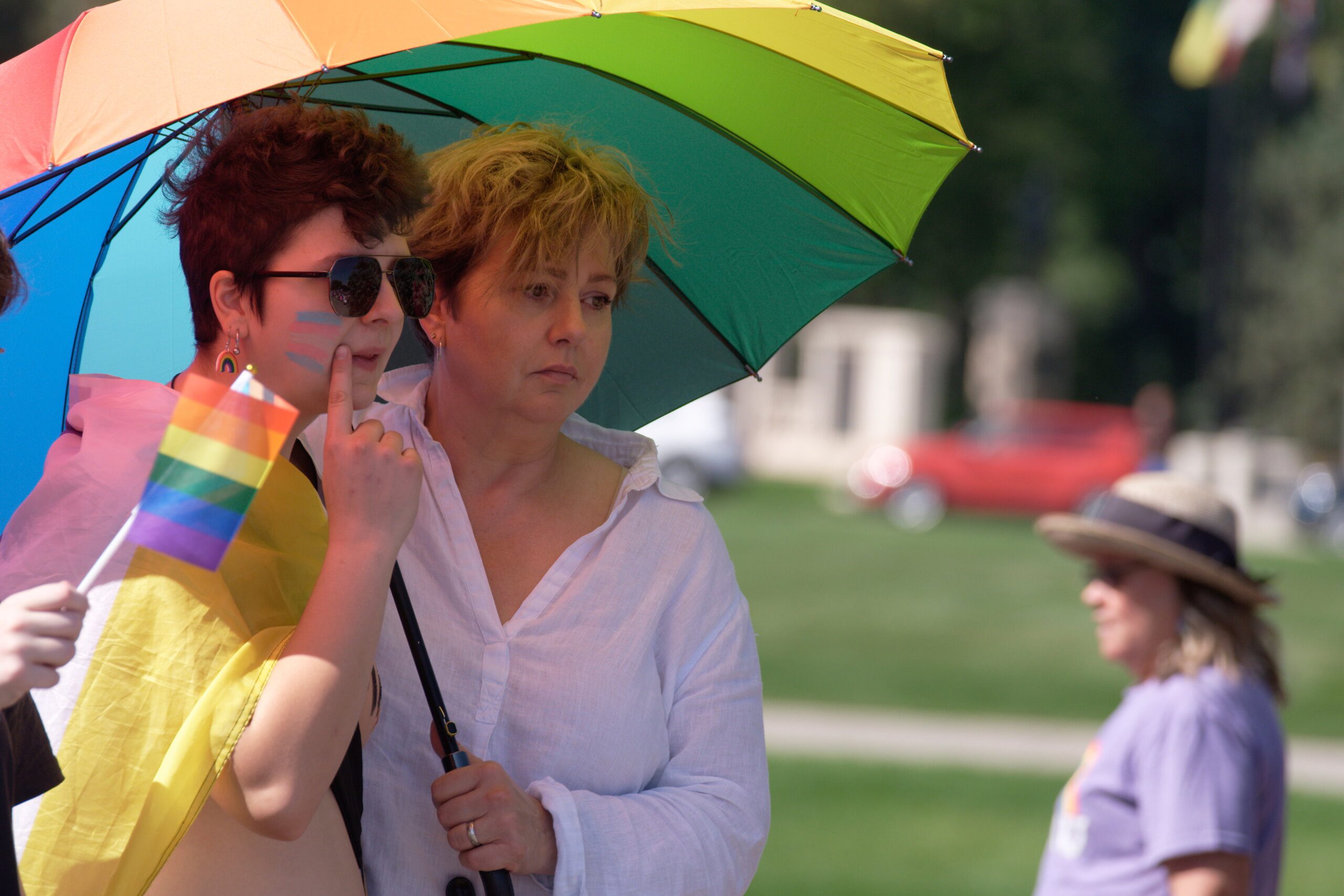

 Why you can trust Xtra
Why you can trust Xtra